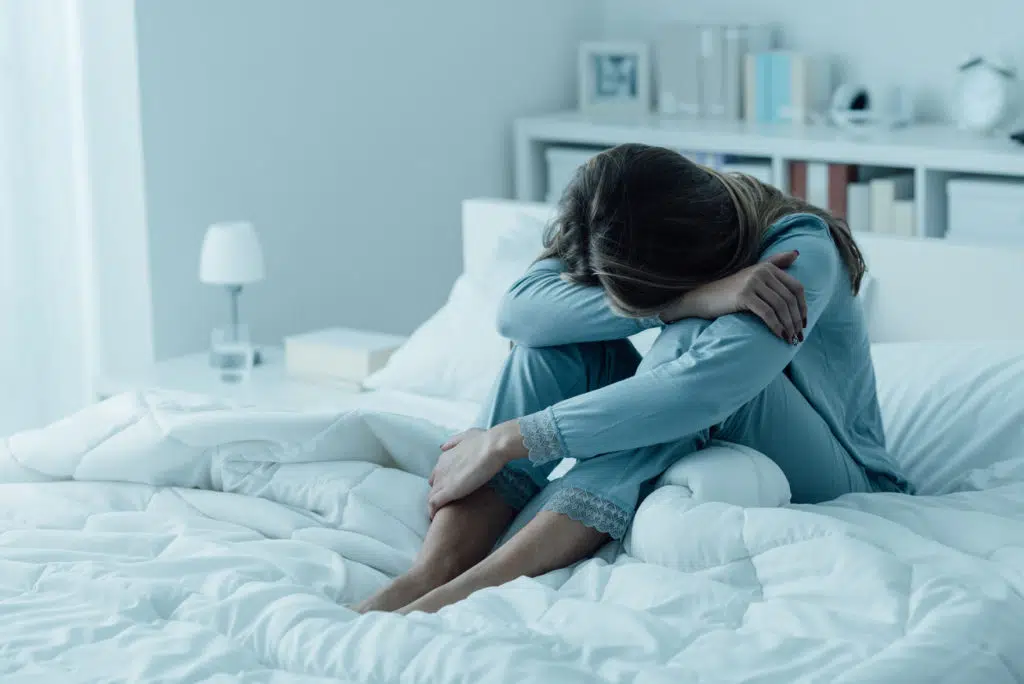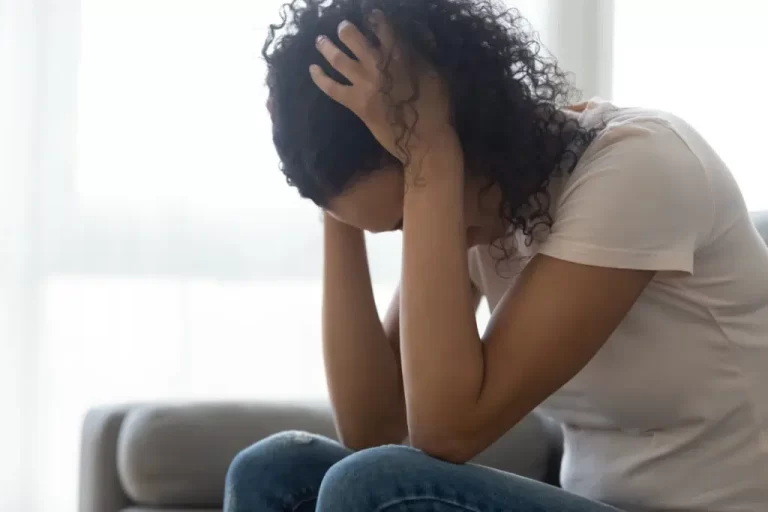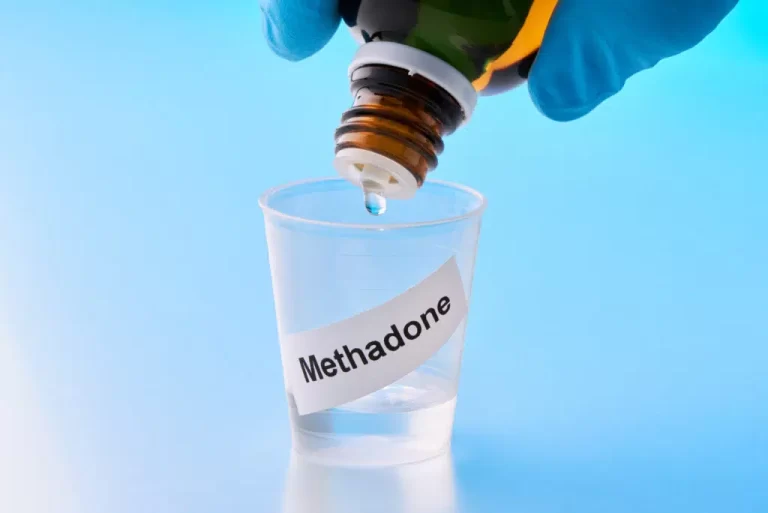Addiction is a multifaceted disease that, for most, can cause both psychological and physiological dependence. Recognizing the tie between your addiction and your level and type of dependence on it allows you to understand your triggers and treat them at the source during active and long-term recovery.
If we are being honest, everyone’s dependence is different and can be tied to many issues and specific triggers. The good news is that there are ways to overcome your dependence, no matter how you are currently experiencing it.
At Miramar Recovery, we are here to help you acknowledge your current state of addiction and create a comprehensive and personalized treatment plan fit for your health and wellness needs and goals. You don’t have to live in a dependent state; choose sobriety today.
What Is Psychological Dependence?
Psychological dependence, as it pertains to addiction, is most often referred to as a series of emotionally driven behaviors caused by substance use. It is the emotional and mental aspect of addiction that drives a person to continue a cycle of addictive behaviors.
Symptoms
Like physical dependence, psychological dependence has an array of common symptoms such as:
- Anxiety
- Cravings
- Depression
- Irritability and moodiness
- Restlessness
- Denial
- Obsessive thoughts
- Concentration and memory issues
Psychological vs. Physiological Dependence
Most people with substance use disorder experience some level of both psychological and physiological dependence.
If you or a loved one is living with active addiction, they may be experiencing symptoms such as trembling hands, body aches or flu-like symptoms categorized as a physiological dependence on the drug.
Physiological symptoms are a way for the body to signal that it now requires more of the substance you’ve been taking to produce the appropriate amount of chemicals to help you feel better. From the outside looking in, we know we don’t need substances to maintain a healthy body; in fact, it’s quite the opposite, but the physical dependence on them tells us otherwise.
In contrast, psychological dependence involves your mind and emotions. For instance, your mind may tell you that without the drug, you don’t feel as good as you should or can’t handle daily life without it.
Some of the ways that psychological symptoms are manifested into everyday life might be having a drink after work every night, consuming a high amount of prescription medication before bedtime, or taking a drug, like cocaine, to boost your spirits before a date night or night out with friends.
Those that cause more psychological dependency than others include:
- Stimulants (cocaine and Ritalin)
- Hallucinogenic drugs (LSD)
- Cannabis products
- Inhalant products
- Psychotropic medications (antidepressants)
Substances associated with strong physical dependence often include:
- Alcohol
- Opiate drugs (Percocet, heroin, morphine, Vicodin)
- Benzodiazepines (Xanax, Valium, Ativan)
- Barbiturates (Seconal and phenobarbital)
It has long been thought that certain drugs or addictions may cause you to experience one type of dependence over the other, but that’s simply not true. When drugs or alcohol are abused or overused, most cause both psychological and physiological dependence.
Healthy Ways to Overcome Psychological Dependence
Although treatment and recovery look different for everyone, the best way to treat a psychological dependence on drugs or alcohol is through an individualized treatment program at a residential treatment center.
During treatment, you will:
- Be evaluated and treated for other underlying mental health conditions
- Participate in individual counseling and group sessions
- Learn effective coping mechanisms against your triggers to reduce your risk of relapse
- Work with an experienced team of addiction experts to help you get to long-term recovery sooner.
Addiction Treatment in Orange County
If you or someone you know is struggling with an addiction, Miramar Recovery’s advanced and comprehensive treatment for substance dependence is based entirely on your unique health needs and long-term recovery goals. Don’t delay the treatment you need today; get help now. Call 949-649-7264 to start your addiction recovery journey today.


